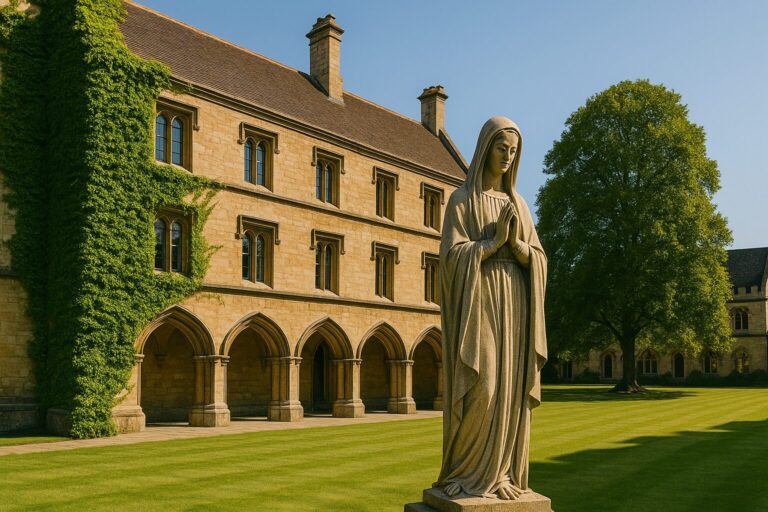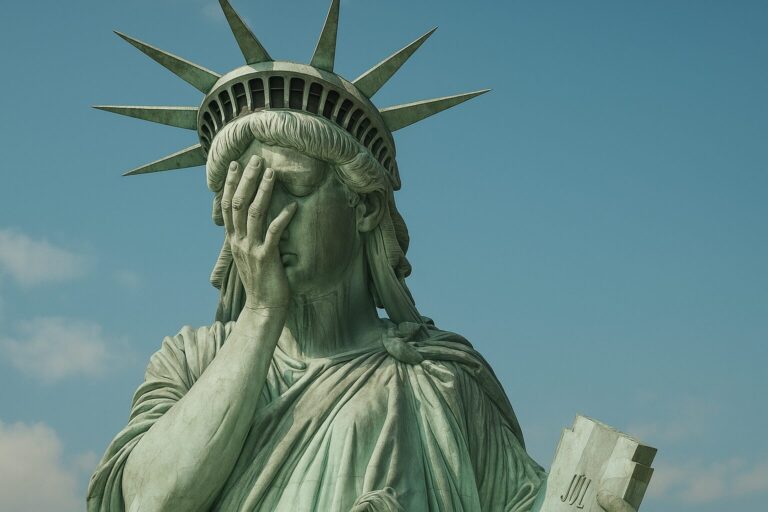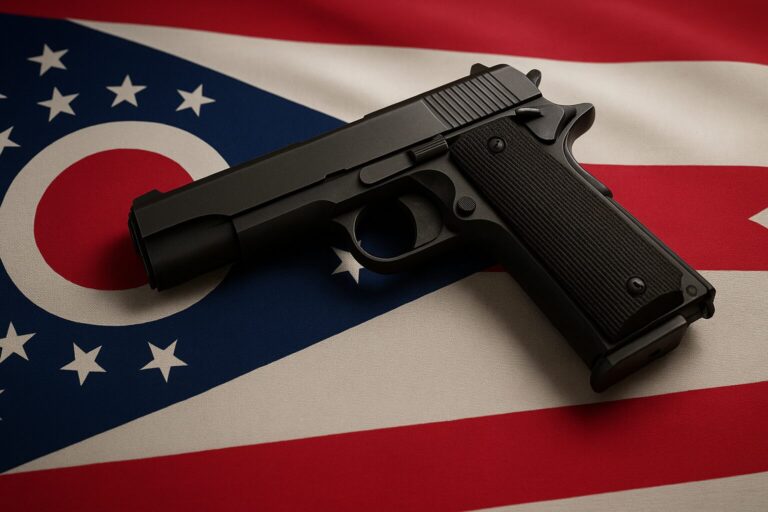
In today’s text, I want to briefly talk with you about self-defense in light of Christianity, especially within the tradition of the Roman Catholic Church.
As a practicing Catholic, I’m often asked:
“How can you defend the right to use weapons? How can you, in some cases, accept the death of a criminal in self-defense? Doesn’t that contradict the teachings of Jesus?”
And the answer is simple: No, it doesn’t.
The truth is that, although Christianity is a faith centered on love, justice, and forgiveness, it never demands that believers become complicit in injustice or passive in the face of evil. Self-defense is not revenge, not hatred, not sin — it is the moral expression of the responsibility to protect one’s own life and that of the innocent.
I am not a theologian, nor a priest, and certainly not a spokesman for the Holy Church. But as a layman and as a citizen, nothing prevents me from seriously reflecting on Sacred Scripture and drawing from it the principles that guide my conscience and my conduct. That is what I propose in the following passages: a coherent, honest, and courageous reading of the right — and duty — of self-defense.
Our goal is not only to comfort the Christian who lives under the weight of doubt, but also to encourage the Catholic community to remain vigilant, prudent, and willing to resist evil — including with firmness.
1. Christ and the Sword – Luke 22:36

“But now, if you have a purse, take it, and also a bag; and if you don’t have a sword, sell your cloak and buy one.”
Before being arrested, Jesus instructed His disciples to prepare themselves. He wasn’t sending them to war, but acknowledged that in times of danger, prudence requires being armed. The sword here is a symbol of defense, not aggression. And the command to sell something in order to buy one shows its importance.
2. Defending the Home – Exodus 22:2

“If a thief is caught breaking in at night and is struck a fatal blow, the defender is not guilty of bloodshed.”
The Law of Moses, which is also the Word of God, recognizes the right to defend one’s home, even with lethal force if necessary. The aggressor assumes the risk. The righteous are not guilty for protecting their own.
3. Armed Vigilance in Times of Reconstruction – Nehemiah 4:17–18

“With one hand they worked at construction, and with the other they held a weapon.”
During the rebuilding of Jerusalem’s walls, the people of God remained armed. To build and to watch are responsibilities that go hand in hand. There is no contradiction between seeking peace and being ready to defend it.
4. David and Preparation for War – Psalm 144:1

“Praise be to the Lord my Rock, who trains my hands for war, my fingers for battle.”
David does not glorify gratuitous violence. On the contrary, he recognizes that God equips the righteous to fight when necessary. War is not sought, but it is part of the fallen world. And God does not want us defenseless before it.
5. The Duty to Protect One’s Family – 1 Timothy 5:8
“Anyone who does not provide for their relatives, and especially for their own household, has denied the faith and is worse than an unbeliever.”
Protecting the family is not just an instinct — it is a moral and spiritual duty. To neglect that duty is a grave sin. How can one care for their own without the proper means of defense?
The Knights Templar: Faith, the Sword, and the Protection of Christians

Christian history not only recognizes self-defense — it honors it.
During the Middle Ages, military orders emerged, composed of warrior-monks who had a very clear mission: to protect Christian pilgrims, guarantee freedom of worship, and defend the sacred territories of Christendom. Among these orders, the most famous was the Knights Templar.
Founded in the 12th century, the Templars were religious men who lived under vows of poverty, chastity, and obedience — but who also bore swords in the name of justice and protection of the innocent. Their mission was not conquest, but the defense of the faith, the Church, and defenseless pilgrims traveling to Jerusalem.
For nearly two centuries, they were a shield for Christians in the Holy Land and Europe, maintaining fortresses, safe routes, and stability in regions of constant conflict. Their existence was fundamental in securing freedom of worship and the right to live as Christians in peace — in a time when that could cost you your life.
They understood perfectly that peace is only possible when there is strength willing to defend it.
There is no contradiction between faith and defense. The Templars proved that holiness also requires courage, discipline, and physical preparedness. They didn’t replace prayer with the sword — they understood there are moments when one must pray on their knees and fight with sword in hand.
The history of the Templars teaches us that protecting the faith and the faithful is a noble mission — not violent, but just. And that the sword, in the right hands, is an instrument of peace.
Conclusion: Christian Faith Does Not Require Passivity in the Face of Evil
To be Christian is not to be indifferent.
To be Catholic is not to be a coward.
Seeking peace does not mean disarming oneself before injustice.
Self-defense, in light of Christianity, is a natural, moral, and in many cases, a sacred duty.
Those who love life — defend life.
Those who love their families — protect their families.
And those who fear God — do not fear doing what is right.
The DEFENSE Institute exists to affirm this principle:
Freedom, life, and justice must be defended.







